September 24, 2018
Mercy Day
In 2003 Mamre House at St Marys in outer Western Sydney was invited to join a coalition of partners to provide vital services to newly arrived Southern Sudanese refugee families. This year marks the tenth anniversary of a new era of Mercy given and received, when refugees not only from South Sudan, but also Burma, Bhutan and other African nations find themselves in a welcoming, empowering community.
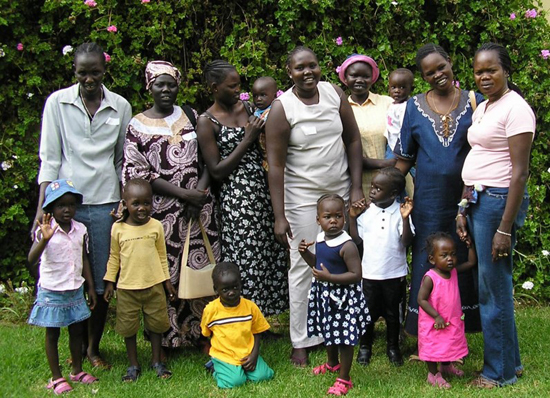
The beginnings of the Mamre House Refugee programme emanated from a need in the community where Southern Sudanese refugees found affordable accommodation in an area of Sydney without any infrastructure to support them. The women were most at risk of becoming isolated because of lack of English language, transport and childcare. The 500 hours of English tutoring given by the Government was totally insufficient for women who were not literate in their own language, had no opportunity for schooling and were therefore pre-literate when they arrived mostly from refugee camps in Egypt. Here they had learnt to speak Arabic but had no written language. They usually had several pre-school age children which limited their access to any educational opportunities.
Mamre House was asked to provide a classroom, bus transport, a crèche for the children and volunteer teachers, carers and drivers. There was a classroom available one day a week, a small bus for transport but no crèche. The Mamre staff vacated the staff room a day a week (with all the furniture) for two years to allow for a crèche so that the children could be minded while the mothers learnt English and were given input on health and dietary issues facing them in Australia. There was no funding and other partners supplied an English teacher, health professionals, vocational training opportunities and settlement services. This was a very primitive beginning to the programme but the look on the women’s faces when they came spoke enormously of their simple needs – a place of inclusion, safety, care and learning where they could start to rebuild their greatest gift – community.
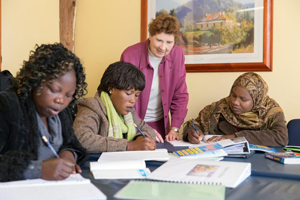 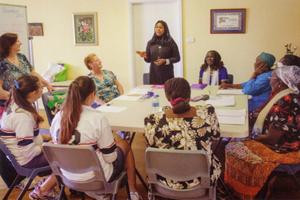 |
|
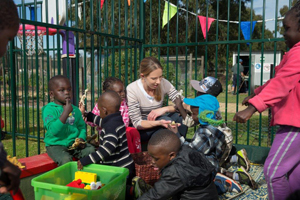 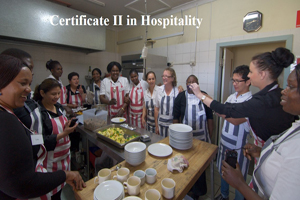 |
|
While all of the above has been given, what has been received is the greatest gift. The refugees have taught the real and deep meaning of resilience, of hope against hope, of the value of community and the spontaneity of joy. They have invited us into their cultures, families and entrusted us with the deep pain of their experiences. We hold all this as sacred. Our wish for them is a Future Full of Hope.
Messages to: Mary-Louise Petro rsm
The following short video introduces the Farming Community Engagement Manager at Mamre Farm, Steve Flesischmann, who describes some of the programmes at Mamre and how the SITA grant will assist with (02:30)